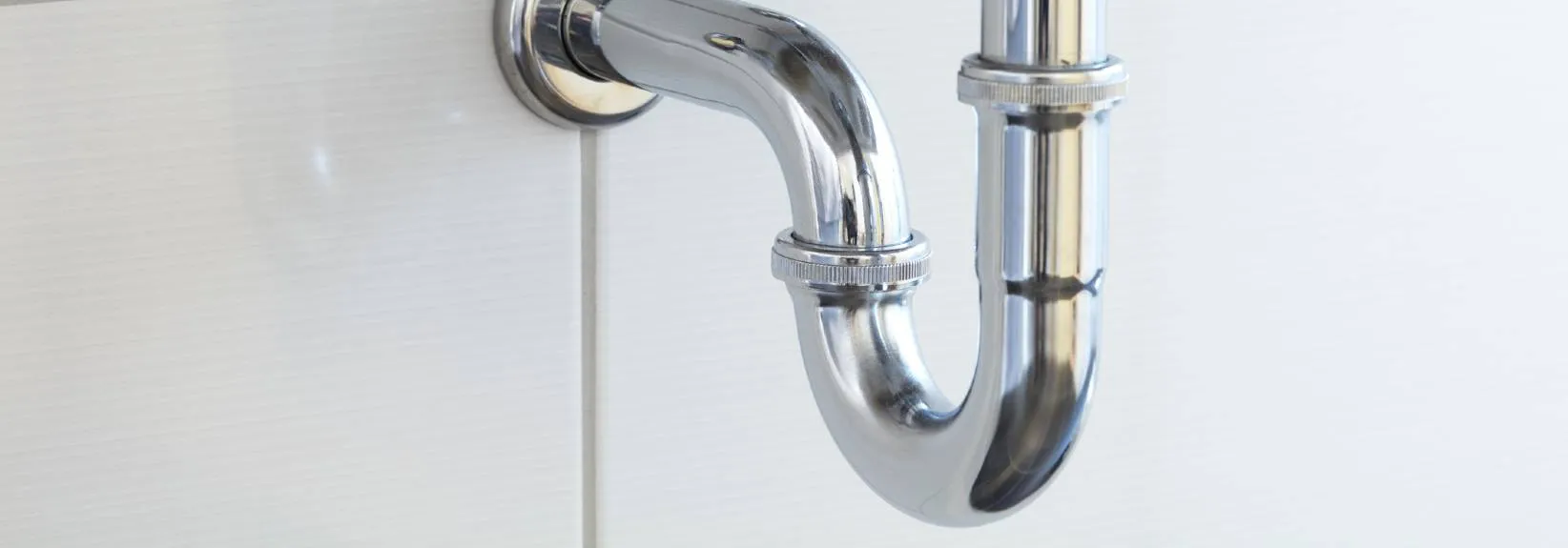Why Do Plumbers Need a License in Most States?
Plumbing is a crucial part of your daily life. When you hire a plumber to clean your drains, repair your water heater or install a water softener, you’d like the assurance of getting the job done right. While reading reviews and considering the company’s reputation can help, the number one thing to look for is a plumbing license.
Only six states — Kansas, Missouri, Nebraska, New York, Pennsylvania and Wyoming — don’t require plumbing licenses at the state level. Actually, they depend on city and county agencies to provide oversight and licensing. While the actual requirements to earn a plumbing license vary by region, you can be certain that hiring a licensed Expert is the top way to minimize the possibility of inferior workmanship, deception and health issues.
Educational Expectations for Plumbers
Here’s what it takes to get a plumber’s license:-
- Education: Numerous vocational schools and community colleges offer plumbing certificates or degrees. Usually this training encompasses all the vital skills plumbers use on a daily basis.
-
- Apprenticeship: Both union and non-union organizations provide apprenticeship programs that integrate classroom learning with practical experience. These programs typically take four to five years, and apprentices get paid wages during the course of their training.
-
- Licensing exam: A participating state offers its own plumbing assessment, which candidates must pass to receive a license. The topics covered include things like plumbing fixtures, drainage systems, vents and venting, fabrication, pipe maintenance, administrative procedures and more. Qualifications to take the exam vary based on where you are and licensing level.
Types of Plumbing Licenses and Certifications
Plumbers can earn multiple licenses and certifications based on their knowledge and experience. These vary by location, and not all are available in every state, but the most typical plumbing licenses and certifications include:-
- Plumbing certificate: Many states only require plumbers to have a certificate to handle residential jobs with a limited scope of work. This is more or less an apprentice-level plumber working with supervision.
-
- Journeyman plumber: In many states, plumbers will take the journeyman’s licensing exam after completing an apprenticeship and having the necessary years of on-site experience.
-
- Master plumber: The requirements to take the master plumber’s licensing exam vary greatly by location. Some assessments only demand 1 – 2 years working as a journeyman plumber, whereas others call for four or five years of journeyman experience.
-
- ACE certification: Training to be an Advanced Certified Expert demonstrates the maximum level of professionalism and working experience. Earning ACE certification is more stringent than typical plumber licensing and requires annual recertification to ensure techs stay up-to-date with the most recent industry standards.
Benefits of Hiring a Licensed Plumber
Using an unlicensed plumber for the job might be less expensive at first, but that’s where the benefits stop. Why chance it? — only hire a licensed expert, no matter the job, to ensure all the perks of professional experience:-
- Exceptional craftsmanship: Plumbing is not an easy field. Completing even the most clear-cut projects, like snaking a drain, needs specialized equipment and years of experience. Given the amount of training needed to achieve their certifications, you can rest easy knowing that a licensed plumber will properly diagnose and resolve your plumbing problem.
-
- Liability insurance: A good number of states require plumbers to show proof of liability insurance as part of the licensing process. This prevents you, the homeowner, from being left responsible for property damage or medical bills if a plumber has an mishap while performing services in your home.
-
- Legal and code-compliant: Big plumbing jobs commonly have to have permits to guarantee safety and legality. Unlicensed plumbers are regularly refused the necessary permits. If they go ahead with the job, you could face code violations and accompanying fees later on. Additionally, you can face legal problems if an unlicensed plumber harms the local waterways. Remove these risks by only employing a licensed professional.
-
- Preserved health and safety: A certified plumber adheres to the proper methods for working on water supply lines, sewer pipes and natural gas lines. Years of hands-on experience are necessary to reduce the risk of water contamination, sewer backups and gas leaks.
-
- Legitimate services: Unfortunately, there are plumbers out there that don’t have your best interest at heart. However, a fully licensed team is significantly less likely to attempt to swindle you than an unlicensed company. After all, homeowners can make a complaint with the state licensing board if they suspect being cheated, resulting in a hefty fine or even causing them to lose their license. Knowing this provides extra peace of mind when hiring a plumber for the first time.

